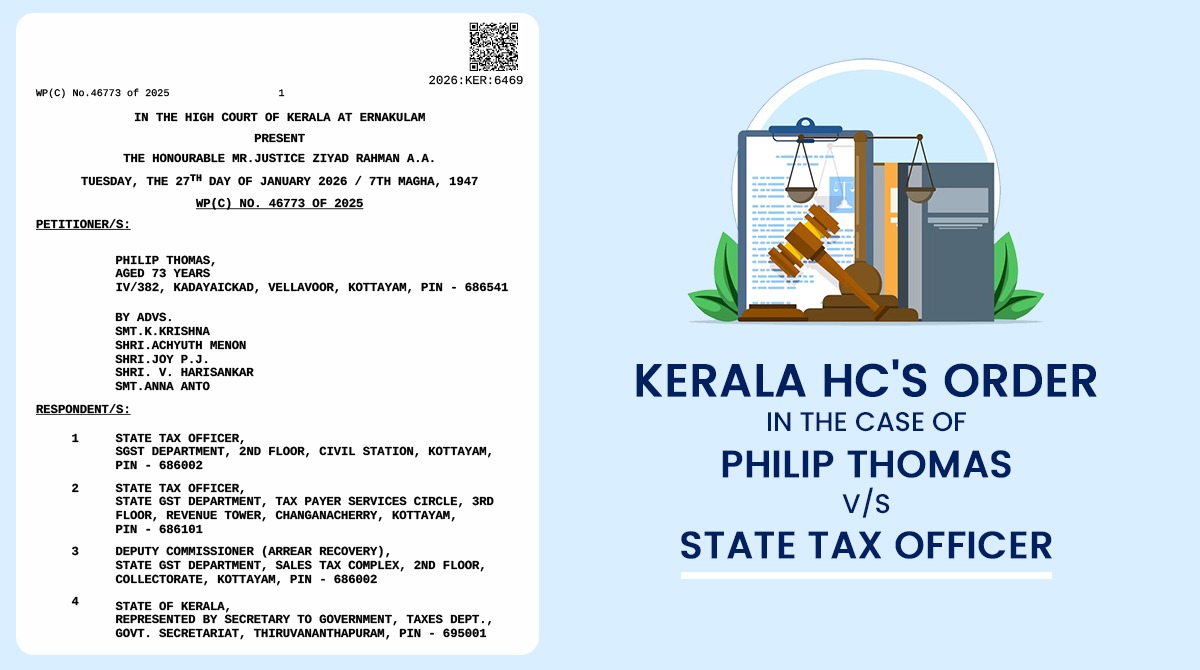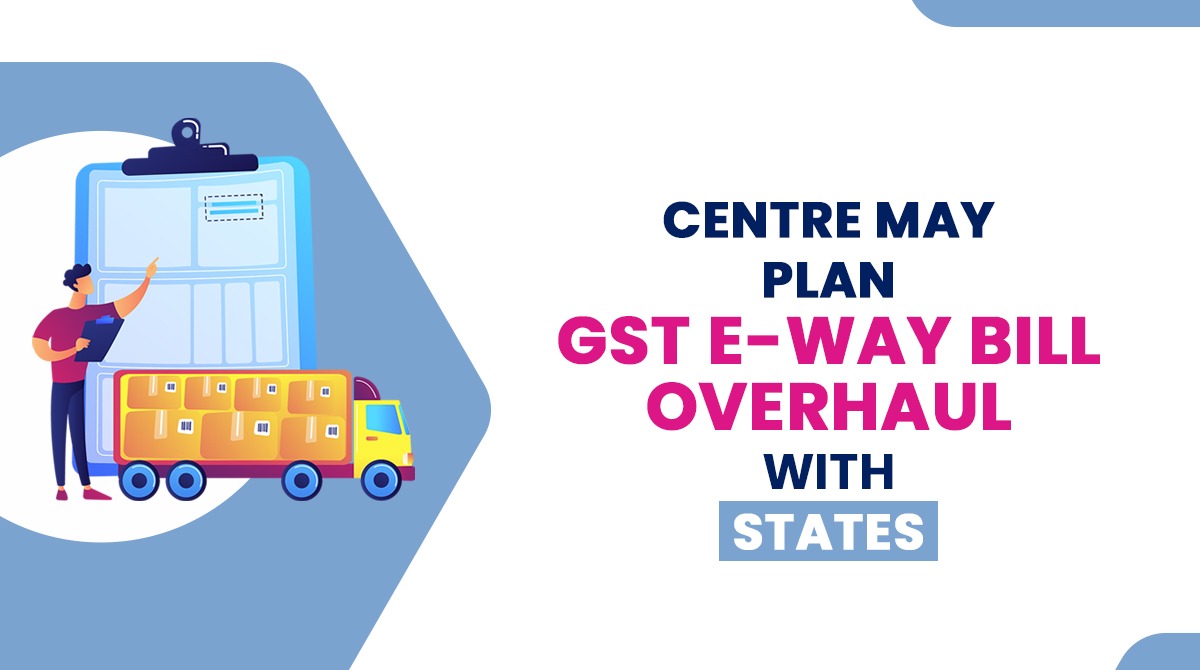
Goods and services tax is a major factor that has the potential to cover the economic base of the country, along with its sidelines. Additionally, India is not just one of the biggest performing nations for generics, but is also experiencing a blast in remedial tourism, which creates extra returns for the Healthcare Industry.
India’s Pharmaceutical Industry, as of now, is the 3rd largest as far as volume and 14th regarding esteem. As the populace is persistently developing, so is the requirement for good Healthcare Services, which brings the need for growing more qualified personnel to fill the present crevice in part and provide state-of-the-art services and innovations to patients.
Revised Hospital Room Rent with GST Tax Slabs
| Room Type | Hospital Room Rent | New GST Rate from 22nd September 2025 | GST ITC |
|---|---|---|---|
| Non-ICU Rooms | ₹7,500 or less | 5% | Not applicable |
| Non-ICU Rooms | Above ₹7,500 | 18% | Available |
| ICU/CCU/ICCU/NICU | Any amount | 0% | Not applicable |
The final GST rates have been disclosed and include numerous categories from a wide range of healthcare amenities.
| New GST Rate from 22nd September 2025 | Healthcare Commodities |
|---|---|
| 5% | Contraceptives |
| 0% | Human Blood |
| 0% | Human or Animal Blood Vaccines |
| 5% | Ayurvedic Medicines, Medicinal Grade Hydrogen Peroxide, Anaesthetics, Potassium Iodate, Iodine, Steam, Glands And Other Organs For Organo-Therapeutic Uses, Ayurvedic, Unani, Homoeopathic Siddha Or Biochemical Systems Medicaments, Sterile Suture |
| 5% | Tampons, Disinfectants |
GST Rate on Medical Equipment
| Device | HSN Code | New GST Rate from 22nd September 2025 |
|---|---|---|
| Blood Glucose Monitoring System (Glucometer) + Test Strips | 9027 | 5% |
| BP Machine (Sphygmomanometer) | 9018 | 5% |
| ECG Machine | 9018 | 5% |
| Ultrasound Equipment / Scanners | 9018 | 5% |
| X-Ray, CT Scan, MRI Machines | 9022 | 5% |
| Surgical Instruments, Needles, Syringes | 9018 | 5% |
| Bandages, Gauze, Wadding & Surgical Dressings | 3005 | 5% |
| Medical Grade Oxygen | 2804 | 5% |
| Clinical & Digital Thermometers | 9025 | 5% |
| Defibrillators (Life Support Equipment) | 9018 | 5% |
| Stethoscope | 9018 | 5% |
| Endoscopes / Diagnostic Scopes | 9018 | 5% |
| Anesthesia Machines | 9018 | 5% |
These healthcare products are also in the List of Expensive Categories
| Items | New GST Rate from 22nd September 2025 |
|---|---|
| Surgical Item | 5% |
| Wheel Chair | 5% |
In the present scenario, 17 items are in the negative list where no service tax is to be charged. Also, nearly 60 services, such as pilgrimage, health care, education, skill development, and journalistic activities, are exempt from service tax and are not subject to sudden taxation.
In India, on health, there is expenditure of 5% of the GDP, and 4% has arrived from the private sector. The healthcare industry in India has been developing effectively, and the focus of the Ministry of Health is to advance 50 innovations this year to treat ailments like cancer and tuberculosis.
The government raised the FDI limit to draw more foreign direct investment (FDI) for brownfield pharmaceutical investments, 74% in June. There is an authorisation of 100% FDI from Greenfield Pharmaceutical Investments, and brownfield investments beyond 74% need government approval.
Recommended: Easy Guide to the Reverse Charge Mechanism Under GST with All Aspects
The rollout of the Goods and Services Tax (GST) has drawn attention from businesses in India. GST consolidates multiple state and central taxes into a single tax system, facilitating compliance and helping several sectors, including healthcare and pharmaceuticals.
In the context of employment and revenue, the healthcare industry in India is one of the biggest sectors. GST cannot affect the pharma sector as it facilitates a tax structure, consolidating eight different taxes into a single levy.
The same enhances efficiency in supply chains, which can add 2% to India’s pharmaceutical market size. Pharmaceutical companies are reevaluating their distribution strategies to take advantage of the new GST framework.
Read Also: Meaning of SGST, IGST, CGST with Input Tax Credit Adjustment
Also, GST execution permits easier input tax credit flow, enhances compliance, and levels the playing field for pharmaceutical organisations. The removal of the Central Sales Tax (CST), lower inter-state transaction costs, and lesser manufacturing and distribution costs by 2% is the main benefit that translates to more than 20% benefit on profitability.
Earlier, companies kept warehouses in distinct states to prevent CST. Companies with GST subsuming CST can consolidate stock at strategic locations while paying Integrated GST (IGST) on inter-state supplies, enhancing operational efficiency.
Treatment Cost Before and After 56th GST Council Updates
The tax rates on medical equipment and supplies were rationalised post-56th GST Council Meeting.
- Dialysis devices, needles, catheters, plasma filters, tubing, and dialysis fluid have now been charged with 5% GST, decreased from the earlier 12%
- Blood carry bags 5% GST (earlier 12%)
- Platelet carry bags 5% GST (earlier 12%)
- HB kits 5% GST (earlier 18%)
- Pacemakers Lead valves draw 5% GST (earlier 18%), while CRT-ICD devices are levied at 5% (earlier 12%)
- Tracer tapes and bandages 5% GST (earlier 12%)
- Blood-related supplies human blood, vaccines, and blood components, are exempt (0%)
- Glass slides and test tubes 5% GST (earlier 18%)
Hence, the 56th GST Council meeting rationalised rates, which lessened the tax burden on life-saving medicines, medical devices, and blood-related supplies.










We have registered a Pvt Ltd Company with a group of Doctors as Directors. These doctors will provide Healthcare services to Hospitals and do the billing from their Co., later they will get paid as Professional fees from the Co., IS RCM GST APPLICABLE IN THIS CASE? If RCM is applicable, the company doesn`t have any taxable supplies (as the Healthcare Services are exempt from GST). So would credit lapse or can we claim a refund. Please explain in deeper detail. Thanks in advance.
Can you explain GST implication on Covid infrastructure services provided by Private co to Municipal corportation or local authority
Kindly note private co is into the business of Event management
Covid Related services are exempted from GST for more details kindly contact to GST practitioner
Thanks for posting such a good information
A senior doctor privately teaching other junior doctors (specifically dental transplant), covered under healthcare services and whether exempted or not?
No, it will not be exempted.
I AM PROVIDING MEDICAL STAFF/DOCTOR TO HEALTH CENTRES OF INDUSTRIES. WILL I HAVE TO PAY GST?
KINDLY REPLY.
Yes, you have to pay GST.
Is GST applicable for Medical Tourism? In other words, Medical tourism can be referred to as (Healthcare service provider or Healthcare Facilitator)
We refer/bring patients to accredited hospitals in India for which the Hospital pays us the commission. What would be the % of GST imposed on us? Please give me a clarity of GST implications on this.
Heath care services include transportation of the patient to and from the clinical establishment and the same is covered under exemption list. So in case of transportation services of are provided by you the same shall be exempt but if a commission is charged by you only for referring patients same shall be taxable @ 18%.
There is one Charitable Trust and is registered under Bombay Public Trust Act No.XXXIX of 1950. The said charitable trust is running i) Public Hospital, ii) Physiotherapy College, iii) Nursing School & Hostel & iv) paramedical Section.
My question is in the light of notification No.12/2017-Central Tax (rate) date 14th NOV.2017 how to determine the exempted & taxable services of the said Charitable Trust. As per the above notification Sr.No.1, Chapter-99 Services by an entity registered under Sec. 12AA of the Income Tax Act,1961(43 of 1961) by way of charitable activities are exempted without any condition. and Sr.No.73 & 74 heading-9993 services by way preservation of the stem cell or any other service in relation to such preservation, and Healthcare services by the clinical establishment, an authorized medical practitioner or paramedics.
GST is applicable for providing outsource nursing service for hospitals.
As it will be considered as manpower supply service and will attract GST.
The In-patient includes the various surgeries conducted on the patient, charges for room rent, consultancy charges, food & beverages, bed charges, operation theater rent, equipment charges, Doctor fees, pharmacy consumed are exempted from GST as per SR No 82: Healthcare services by a Clinical Establishment, an authorized medical practitioner or paramedics. But as per your article, all these services are not exempted from GST, Could you please clear this?
SIR, I HAVE PURCHASED A 500GMS OF HORLICKS JAR TODAY FOR RS.240.00.I WAS SHOCKED THE SAME MRP COLLECTED BY TRADER EVEN THOUGH THE TAX RATE COMES DOWN FROM 28% TO 18%.CAN I ASK THE TRADER TO REFUND THE REDUCED TAX DIFFERENCE?
GST is already included in the MRP. In case of reduced tax rates, businesses will have to paste new stickers for the new MRP. In case the same MRP is charged before and after reduction in rates then you may ask the businesses to reduce the MRP’s.
Dear Sir,
Aren’t healthcare services exempt? Like you have mentioned Dialysis can cost 300 extra in taxes, won’t this be wrong?
Are services provided as part of medicare for ex food supply, manpower supply/pest control exempted from GST?
No
Is home healthcare services ( such as sending trained nurses for services at home ) exempt from GST as they come under healthcare services?
What about the GST rate on hospital rooms. Most of the private hospitals are earning a great deal by providing accommodation to the patients. Are Hospitals being exempted coz most of them are being owned by the politicians.
a patient is admitted to hospital on 20th June 2016 and discharged on 2nd July 2017. now will he charged on GST as invoice is raised on 2nd july 2017 or two separate bills raised one before GST and one post.
Scenario II
If advance is collected in the above case, how is the taxation done on final discharge bill/
Hospitals are exempt under GST
What will be the impact on hospitals / healthcare service provider. Are they totally exempted under GST ?
Is GST applicable on medicines used for indoor patients ?
Kindly clarify urgently.
Healthcare service are exempt. Medicines are liable to GST, hence taxable @ 5%
In above article, you have stated that room rent will be taxable. is it so even if a patient is admitted in the hospital
GST impact on hospital is going to be rise in cost. Many Consumables are placed in 18% slab. Simple example is Oxygen IP for medical application was in 5%/ VAT slab, excise was exempted. In GST regime, the tax slab applicable on Oxygen is 18%. Similarly, many equipment which were in exemption slab, will be now chargeable under 5-18% GST.
Healthcare services provided by Individual practitioner/ clinics having T/o upto 20 Lacs is exempted. Rest all hospitals with higher Turnover are covered, so far.
Healthcare Services are exempted from GST. So, how does it apply to hospitals with higher turnover. Do you have any notification in this regard clarifying the matter.
Again, medicines & surgical consumables used during surgery are not sale, so, how does it attract GST. Is there any clarification by GST council on the matter. Kindly update on the issue.
Tysm for this information. It was really very helpful for me.??